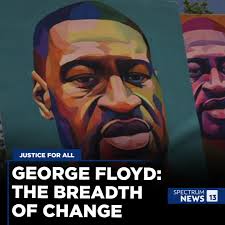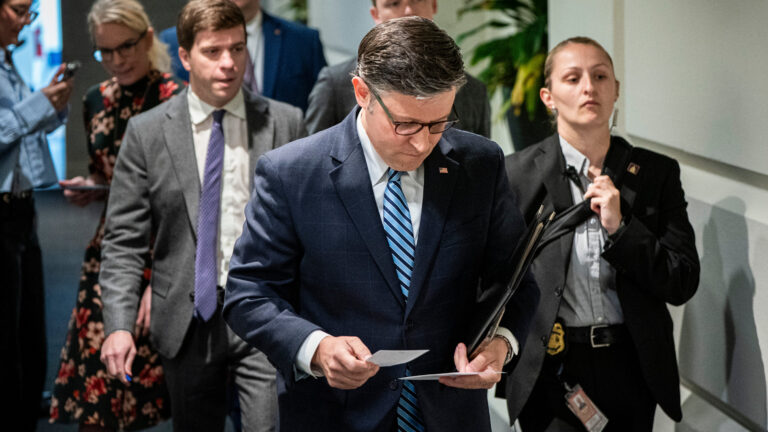
Introduction
The death of George Floyd on May 25, 2020, in Minneapolis, Minnesota, became a pivotal moment in the global struggle against racial injustice. Floyd, an African American man, died after being restrained by a police officer, igniting protests and calls for systemic change around the world. The significance of this tragic incident extends beyond the United States, impacting discussions of racism, police conduct, and social justice in Canada and other countries.
Details of the Incident
On the day of his death, George Floyd was arrested on suspicion of using a counterfeit $20 bill. During the arrest, Officer Derek Chauvin knelt on Floyd’s neck for over nine minutes while Floyd repeatedly stated that he could not breathe. The incident was captured on video by a bystander, leading to widespread outrage and mobilization of protests across major cities such as Toronto, Vancouver, and Montreal.
Global Response
Floyd’s death sparked a worldwide movement under the banner of Black Lives Matter, with millions participating in marches advocating for racial equality and police reform. In Canada, the protests took a strong stand against systemic racism experienced by Black Canadians and Indigenous peoples. Legislative bodies at various levels began discussions about police practices, use of force, and accountability. Activists demanded the reallocation of police funds to community programs, education, and social services.
Ongoing Impact and Developments
The trial of Derek Chauvin, resulting in his conviction for second-degree unintentional murder, sent ripples through the justice system and provided a sense of accountability for many. Following this, cities across the United States and Canada have seen various changes implemented within their police departments, including the introduction of body cameras and transparency initiatives. However, debates surrounding police defunding and reform continue to evolve.
Conclusion
The legacy of George Floyd continues to resonate, prompting critical examination of how society views justice, race, and accountability in law enforcement. As movements for change grow, the call for systemic reform in policing and societal structures remains more vital than ever. While progress varies across regions, the ongoing discourse highlights that the fight against racial injustice is far from over. For readers, this serves as a reminder that advocacy, awareness, and engagement at the community level are essential in shaping a more just society for all.






